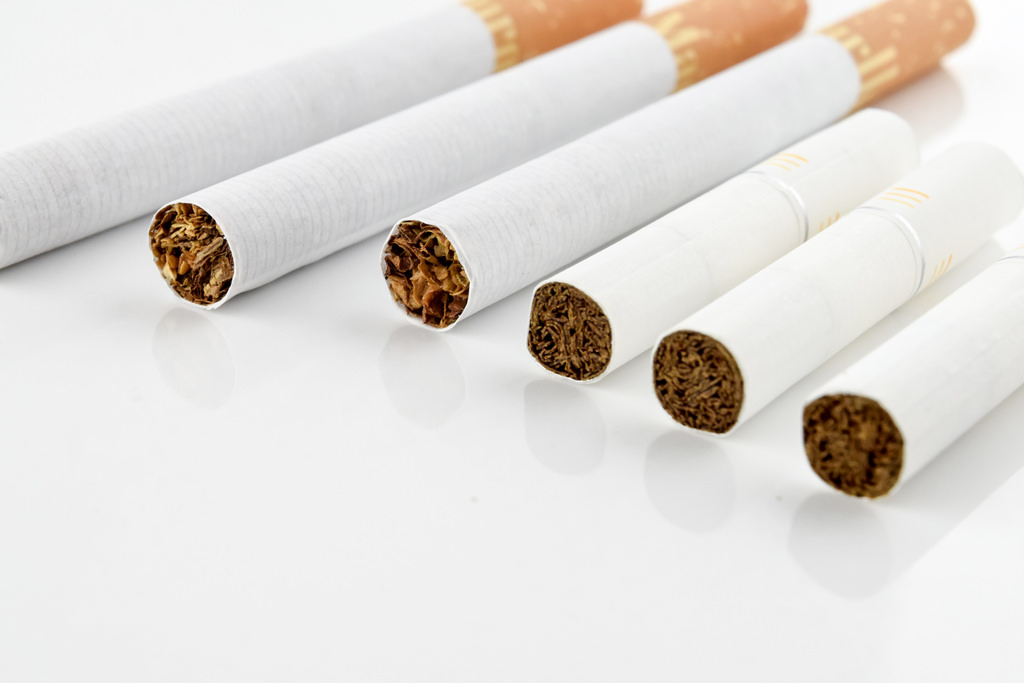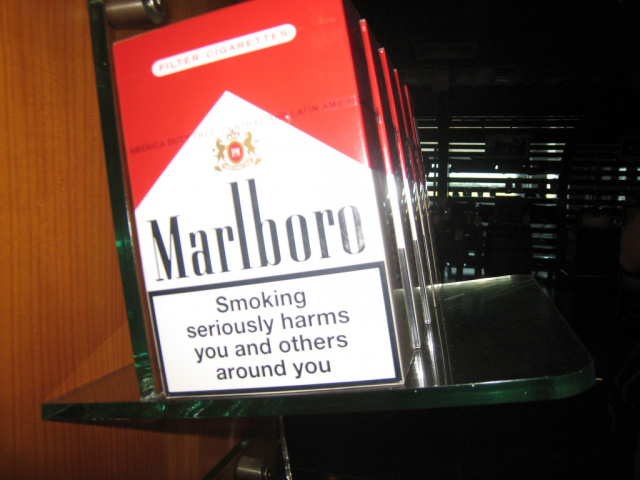USA – The Marlboro industry is making a change to the industry and making a change, to stop selling cigarettes. Marlboro is not setting its sights on smoke-free products and emphasize on electronic means to get tabacco. According to Andre Calantzopoulos, CEO of Phillip Morris International in a quote from Sky News, “If we stop selling cigarettes, some else is going to sell them because people buy them, so I don’t think that will have any impact on public health or the health of people. At the end of the day, the ambition we have is to replace cigarettes as soon as possible, with better alternatives for the people who continue smoking.”

A statement on the website says, “Society expects us to act responsibly. And we are doing just that by designing a smoke-free future.”
Statement of Matthew L. Myers President, Campaign for Tobacco-Free Kids calls for FDA authority over tobacco and feels that Marlboro is trying to market toward children.
Philip Morris’ announcement that it will test-market a new smokeless tobacco product under the Marlboro brand of its best-selling cigarettes adds urgency to legislation before Congress to grant the U.S. Food and Drug Administration (FDA) authority over all tobacco products. Marlboro Snus, which will be test-marketed in the Dallas-Fort Worth area, is the latest in a growing list of new smokeless tobacco products that also includes R.J. Reynolds’ Camel Snus and Philip Morris Taboka, which were introduced in test markets last year. Until Congress grants the FDA authority over tobacco products, there is nothing to stop Philip Morris, RJR and other companies from marketing these new products in ways that encourage kids to start using tobacco and discourage smokers from quitting tobacco entirely.

It is especially troubling that Philip Morris and RJR have chosen to market their new smokeless products under the same brand names as cigarettes that are highly popular with underage smokers. Marlboro is by far the most popular cigarette brand among youth smokers, with nearly half the youth market, and Camel is one of the three most popular cigarette brands among youth. These famous brands are sure to tempt children to try these new smokeless products.
It is also no coincidence that these new smokeless products are being introduced at the same time states are stepping up efforts to reduce tobacco use by implementing smoke-free workplace laws, higher tobacco taxes, and tobacco prevention and cessation programs. Tobacco companies are fighting back with new products that allow smokers to keep using tobacco where smoking is prohibited and provide an alternative to quitting entirely. Smokers concerned about their health should not be diverted by these new tobacco products and should instead utilize scientifically proven methods to help them quit, such as FDA-approved medications, telephone quitlines and counseling services.
Smokeless tobacco products, including snus, are far from harmless. Smokeless tobacco, as traditionally sold in the United States, has been found to increase risk of oral cancer, gum disease and cardiovascular disease. A study published in the May 10, 2007, issue of the scientific journal The Lancet found that use of snus – a pouched tobacco product that has been used primarily in Sweden – increased risk of pancreatic cancer.
FDA authority over tobacco is essential to preventing these and other tobacco products from being marketed in ways that appeal to kids or mislead consumers about health risks. Among other things, the legislation before Congress (S. 625 and H.R. 1108) would grant the FDA authority to crack down on tobacco marketing and sales to kids, require changes in tobacco products such as the reduction or elimination of harmful chemicals, and strictly regulate any health claims about tobacco products to ensure they are scientifically proven and do not encourage new tobacco users to start or discourage current tobacco users from quitting entirely. Until Congress acts, consumers will continue to be human guinea pigs in the tobacco industry’s deadly experiments as they test products aimed at addicting new customers and keeping the ones they already have.










